The Independent’s Best of Travel 2019
Where to go and what to do in the year ahead
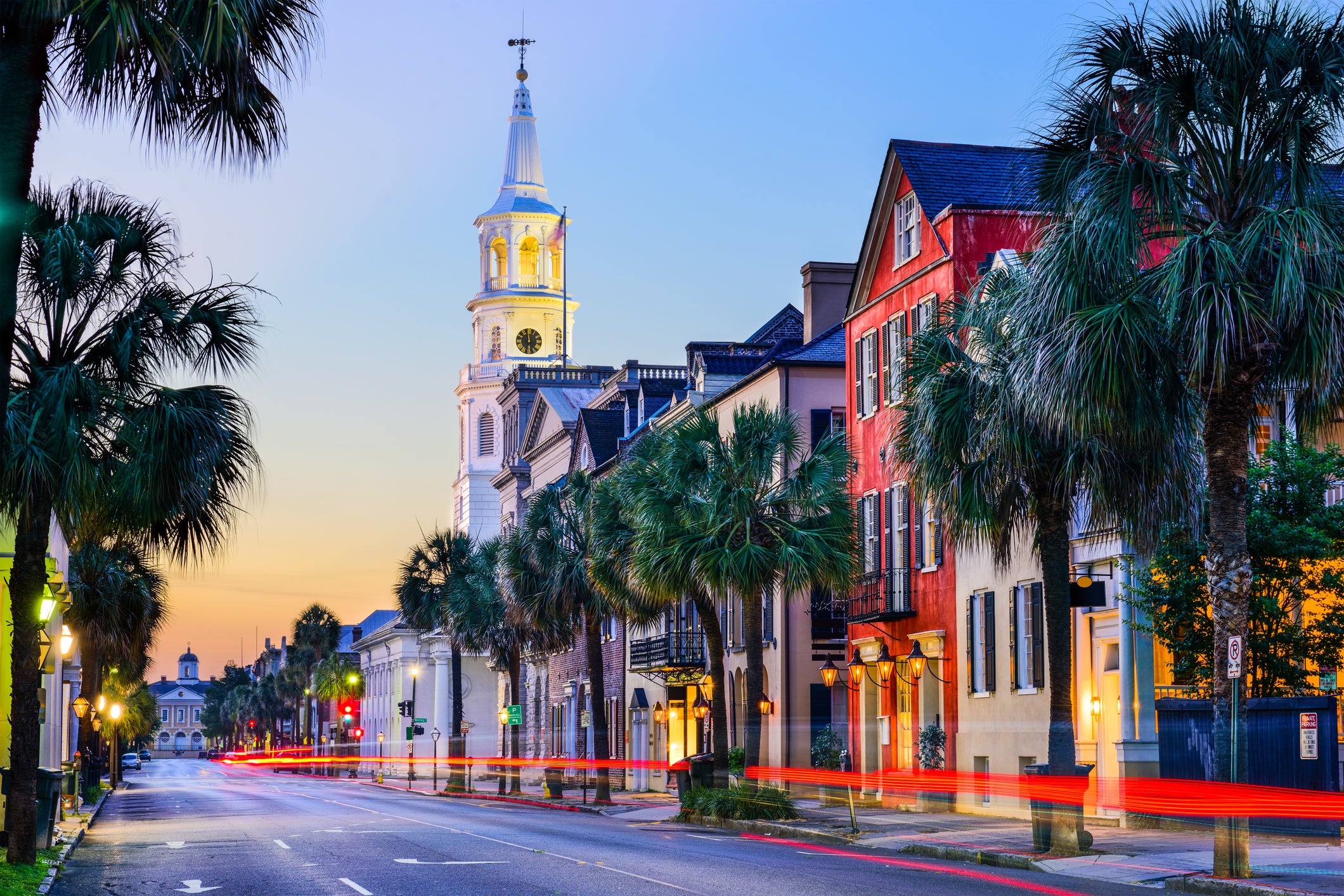
Your support helps us to tell the story
From reproductive rights to climate change to Big Tech, The Independent is on the ground when the story is developing. Whether it's investigating the financials of Elon Musk's pro-Trump PAC or producing our latest documentary, 'The A Word', which shines a light on the American women fighting for reproductive rights, we know how important it is to parse out the facts from the messaging.
At such a critical moment in US history, we need reporters on the ground. Your donation allows us to keep sending journalists to speak to both sides of the story.
The Independent is trusted by Americans across the entire political spectrum. And unlike many other quality news outlets, we choose not to lock Americans out of our reporting and analysis with paywalls. We believe quality journalism should be available to everyone, paid for by those who can afford it.
Your support makes all the difference.It's that time of year where publishers, travel agents, tour companies and journalists start making predictions for what's in store for the year ahead.
Here, The Independent's travel team has put together its forecast for what will be big in travel in 2019: whether that's a hot new destination, a must-do journey or a trend that you need to know about.
Destinations
Charleston (Simon Calder)
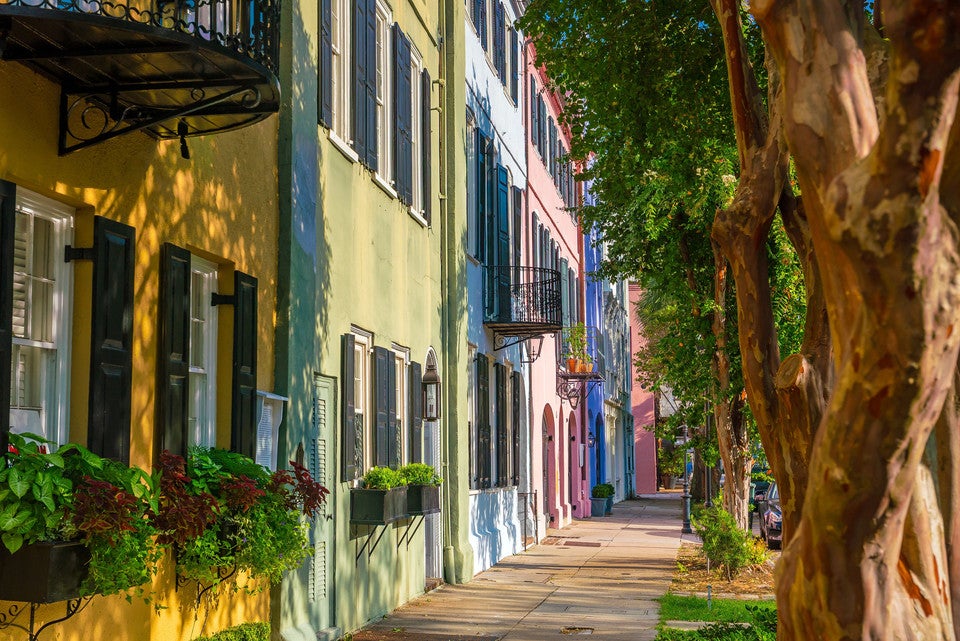
The South Carolina city was far from observers’ radars for a new link on British Airways from Heathrow – it's the 64th busiest airport in the US, way behind many more prominent candidates for a connection such as Honolulu or Jacksonville.
But Charleston’s first-ever transatlantic link, beginning 4 April 2019, will transport you to a cute city of cobbled streets that is ancient by US standards – dating from 1670, when English settlers sailed up the tidal channel from the Atlantic. The influx of visitors has helped create a vibrant foodie culture, while a boat trip across Charleston Harbor takes you to Fort Sumter – the location of the first battle of the Civil War, when Confederate troops opened fire on the fort.
Too historical? The Cape Romain National Wildlife Refuge and Blue Ridge Mountains await.
Eilat, Israel (Simon Calder)
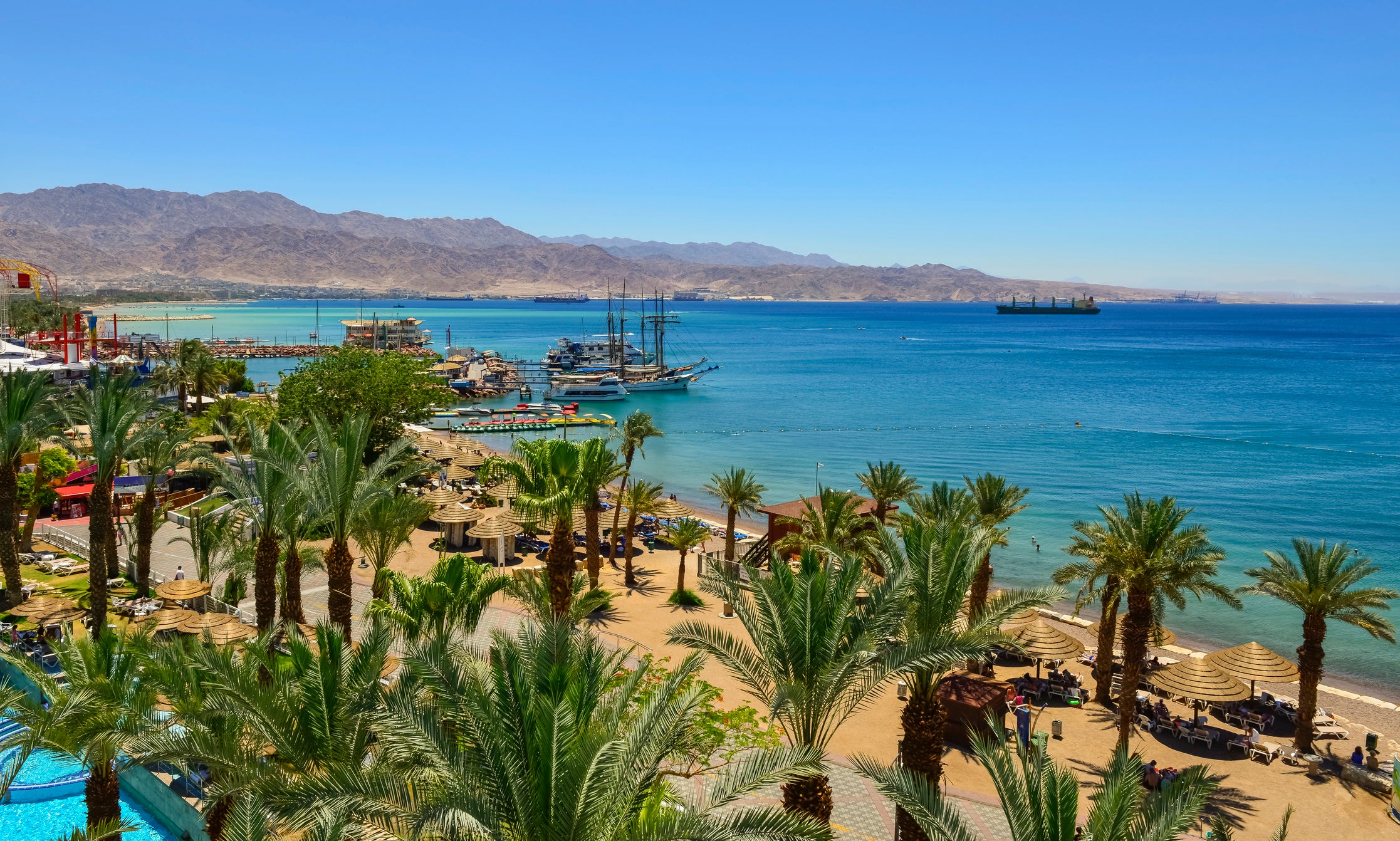
Ramon Airport, 11 miles north of Eilat, is finally expected to begin operations in March 2019 – two years behind the original schedule. It will make access to the Israeli resort much easier and more pleasant than using Ovda Airport, the current military/civilian facility much further north.
Wizz Air, which currently flies from Luton to Ovda, is expected to switch to the new airport. The new facility will also ease access to Taba, just across the border in Egypt, and the northern part of the Sinai Peninsula shoreline. And you could even create an open-jaw itinerary, with new easyJet flights serving Aqaba, just across the border in Jordan.
Southern Israel’s new airport is named for the nation’s first astronaut: Ilan Ramon, who died in the Space Shuttle Columbia disaster. It has the world’s tallest anti-missile fence, 85 feet high – a preventative measure against shoulder-launched missiles aimed at aircraft taking off and landing.
Japan (Simon Calder)
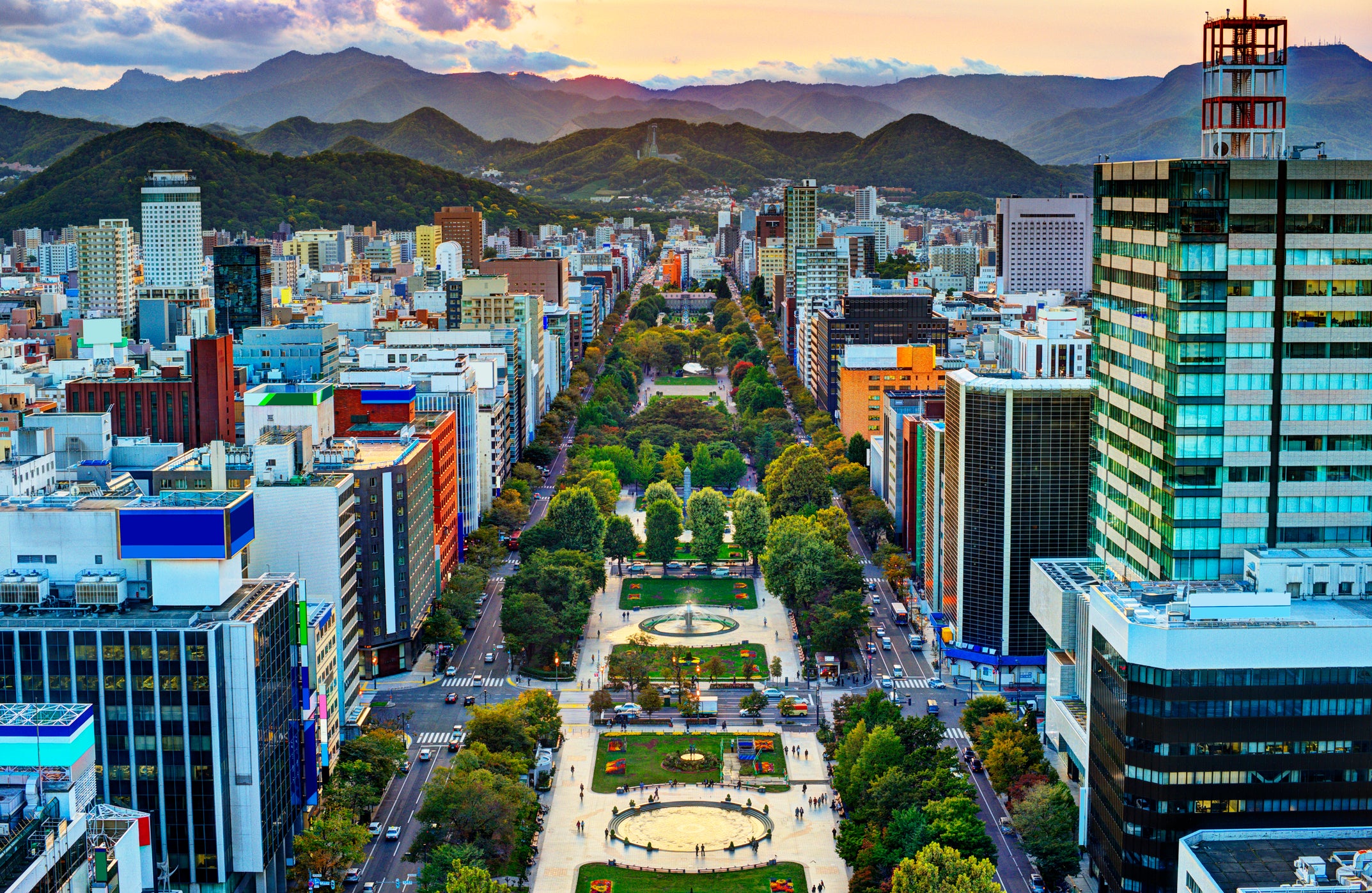
The Asian powerhouse is hosting rugby’s biggest tournament from 20 September to 2 November as something of a warm up before the 2020 Tokyo Olympics. Fans of the game are in for a travel treat, with venues spread throughout the nation.
England supporters already know their team will be playing in Sapporo (the northernmost host city, on the island of Hokkaido), Kobe, Tokyo and Yokohama; Wales’s final pool game (v Uruguay) is in Kumamoto in the deep south; and Scotland and Ireland should both progress from Pool A to play their quarter finals in the capital, Tokyo.
Magaluf, Mallorca (Simon Calder)
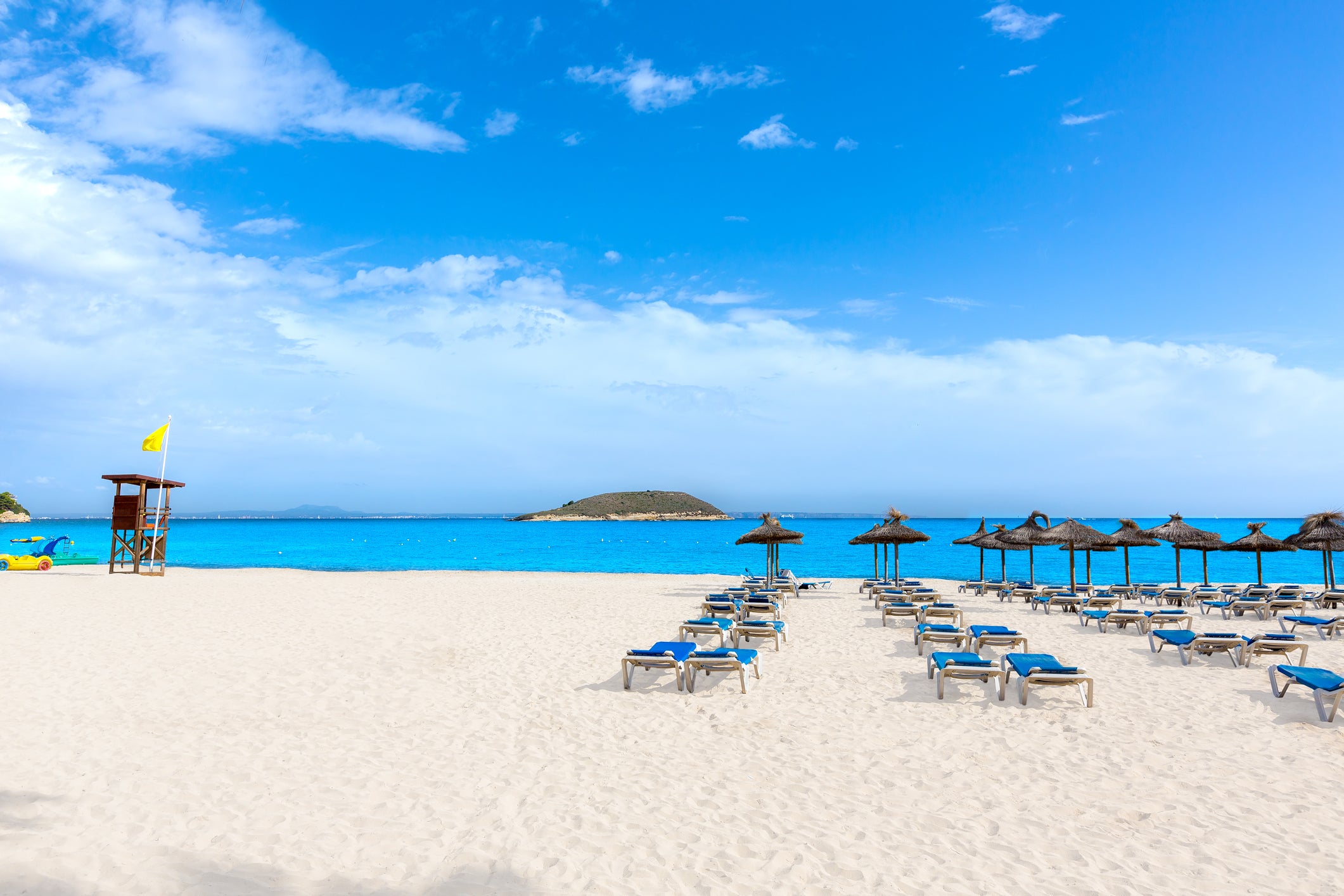
“Quality over quantity” is the refrain of the Spanish tourism authorities. Last week Reyes Maroto, the tourism minister, spoke of “an increase in the quality of tourists” to Spain. She may well be delighted that 2019 will be the first Club 18-30-free year for a quarter century.
The final day of the ultimate trip for young, free and single Brits, offering boundless booze and, er, short-term holiday romances, is on 30 October. After that, the brand will be retired by Thomas Cook, which has owned Club 18-30 for the past 20 years.
The BH Mallorca Hotel, the venue for the last fling of the historic holiday, will rebrand as “Exclusively Adults” in 2019. It’s clearly a hard habit to break; Thomas Cook promises: “You’ll have an absolutely mental holiday.” But a 10-minute cab ride away on the Carretera Magaluf-Santa Ponsa, the Pure Salt Port Adriano, is a classy adults-only property that may herald a march upmarket for the southwestern corner of Mallorca.
Bosnia-Herzegovina (Simon Calder)
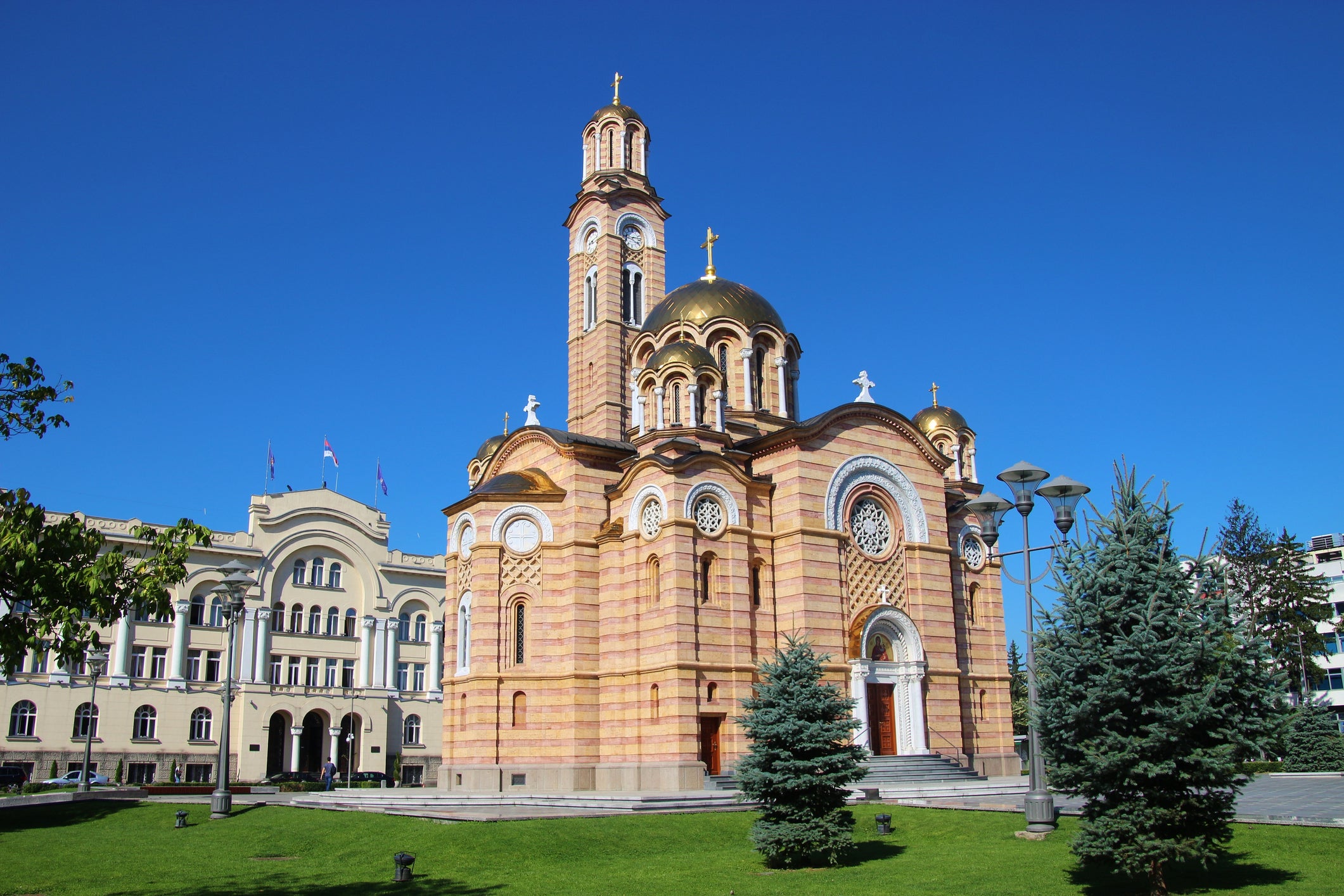
Whatever happens with Brexit, a firm prediction: the northern Bosnian city of Banja Luka will be connected with the UK. Ryanair is starting this winter with links from Belgium, Bavaria and Sweden to the beautiful north of Bosnia, and the usual pattern is that flights from London Stansted will follow; since Bosnia is outside the EU, and Brexit is not an issue, expect a link to start in spring 2019.
Explore Banja Luka, still recovering from the scars of the Yugoslav civil war in the early 1990s, then venture south to the Ottoman town of Travnik, the soulful city of Mostar and the rejuvenated capital, Sarajevo. Or stay north in the Balkan backwoods, combining Bosnia with eastern Croatia and flying home from the capital, Zagreb or Osijek – the surprising home to some of Europe’s most spectacular art nouveau structures.
Greater Bay Area, China (Cathy Adams)
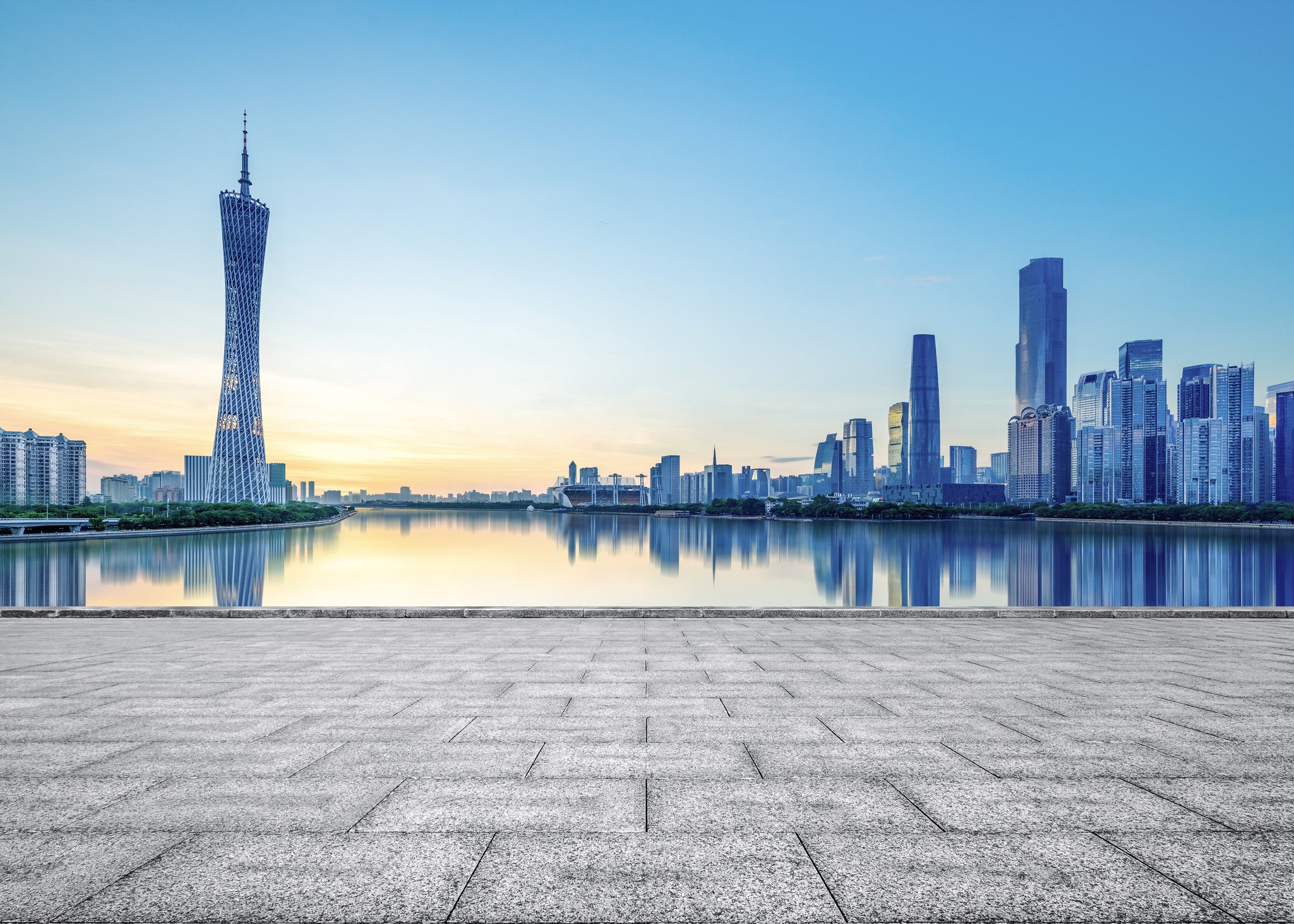
China’s Pearl River Delta, which encompasses 11 cities (including the semi-autonomous territories of Hong Kong and Macau), is getting a sexy rebrand as the Greater Bay Area, touted by the PRC government as an economic powerhouse to rival Tokyo or San Francisco’s bay areas. With new flights from Heathrow to Hong Kong’s Silicon Valley neighbour, Shenzhen, starting at the end of October, plus a daily flight from Heathrow to Guangzhou, super foodie capital of southern Guangzhou province, the region is increasingly seen as a standalone tourism destination rather than a bolt-on to well-trodden Hong Kong.
Plovdiv, Bulgaria (Helen Coffey)
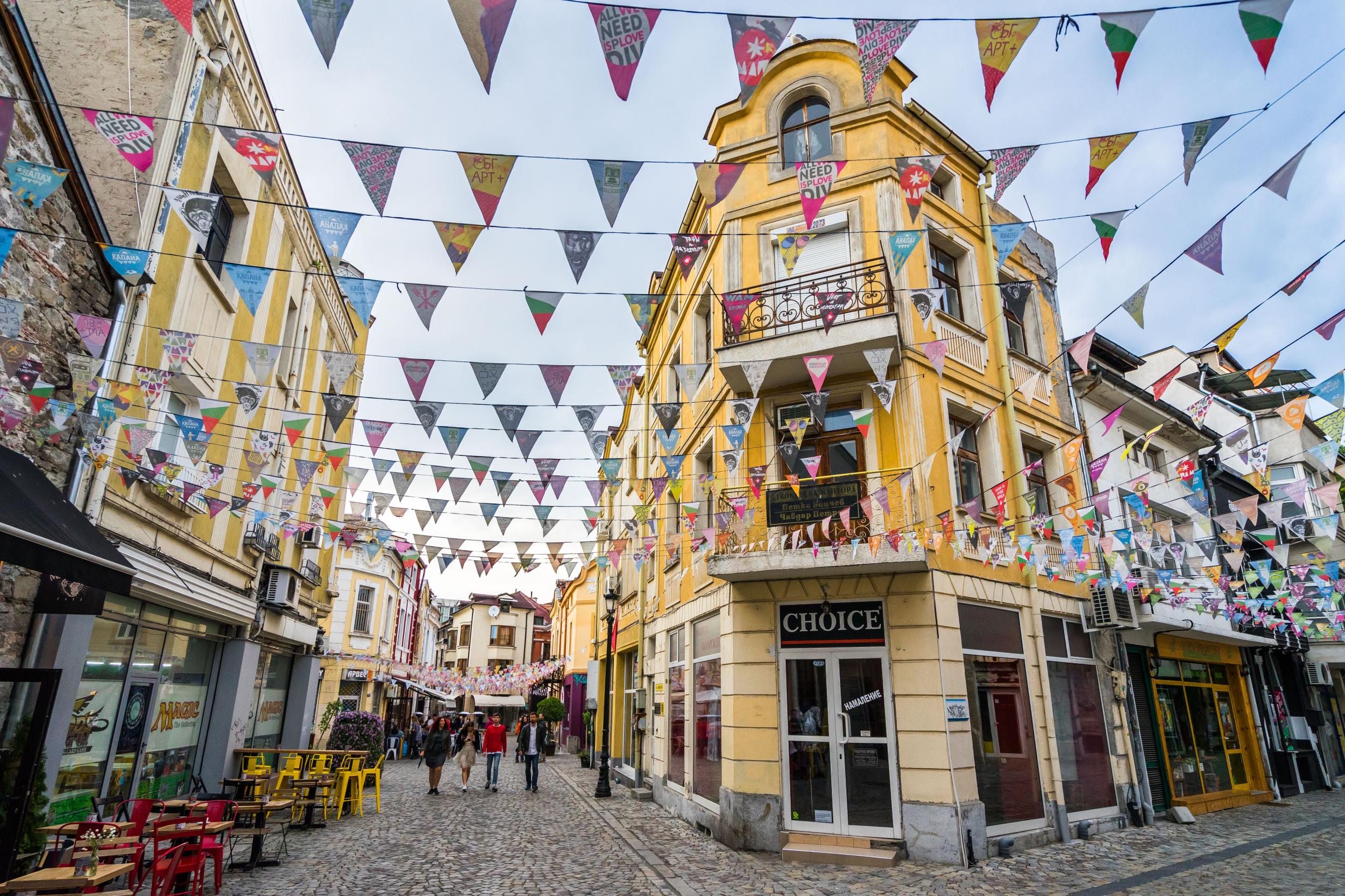
The 2019 European capital of culture (along with Matera in Italy) is the first Bulgarian city to be awarded the title. Bulgaria’s second city could be the next big European city break destination; it has a cute cobbled old town, impressive Roman ruins and some of the cheapest nightlife in Europe.
Rotterdam, the Netherlands (Helen Coffey)
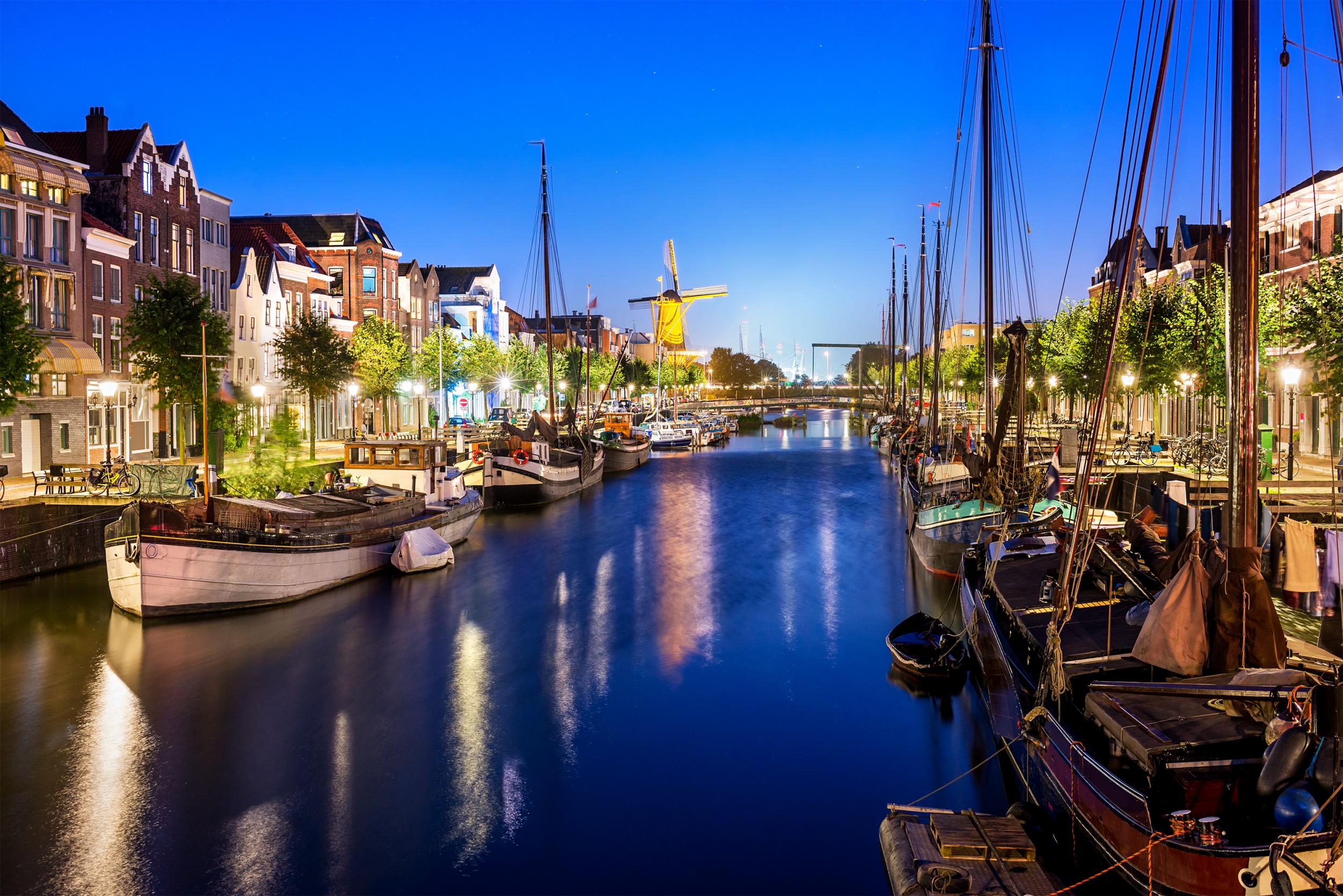
Amsterdam’s “ugly sister” has finally come into its own as a tourist destination, rather than being an afterthought to the overly popular Dutch capital. There are new millennial-friendly hotels like Hotel Room Mate Bruno; openings such as Foodhallen, an indoor food market to rival Lisbon's Time Out market; and a burgeoning craft beer scene, with the likes of Thoms Brewery (the second place in the Netherlands to serve its own unfiltered, unpasteurised beer on tap) opening this summer, while homegrown brewery Kaapse was recently named the official beer of Rotterdam Film Festival. Plus, a direct Eurostar service has linked London and Rotterdam from April 2018.
The Cambodian coast (Helen Coffey)
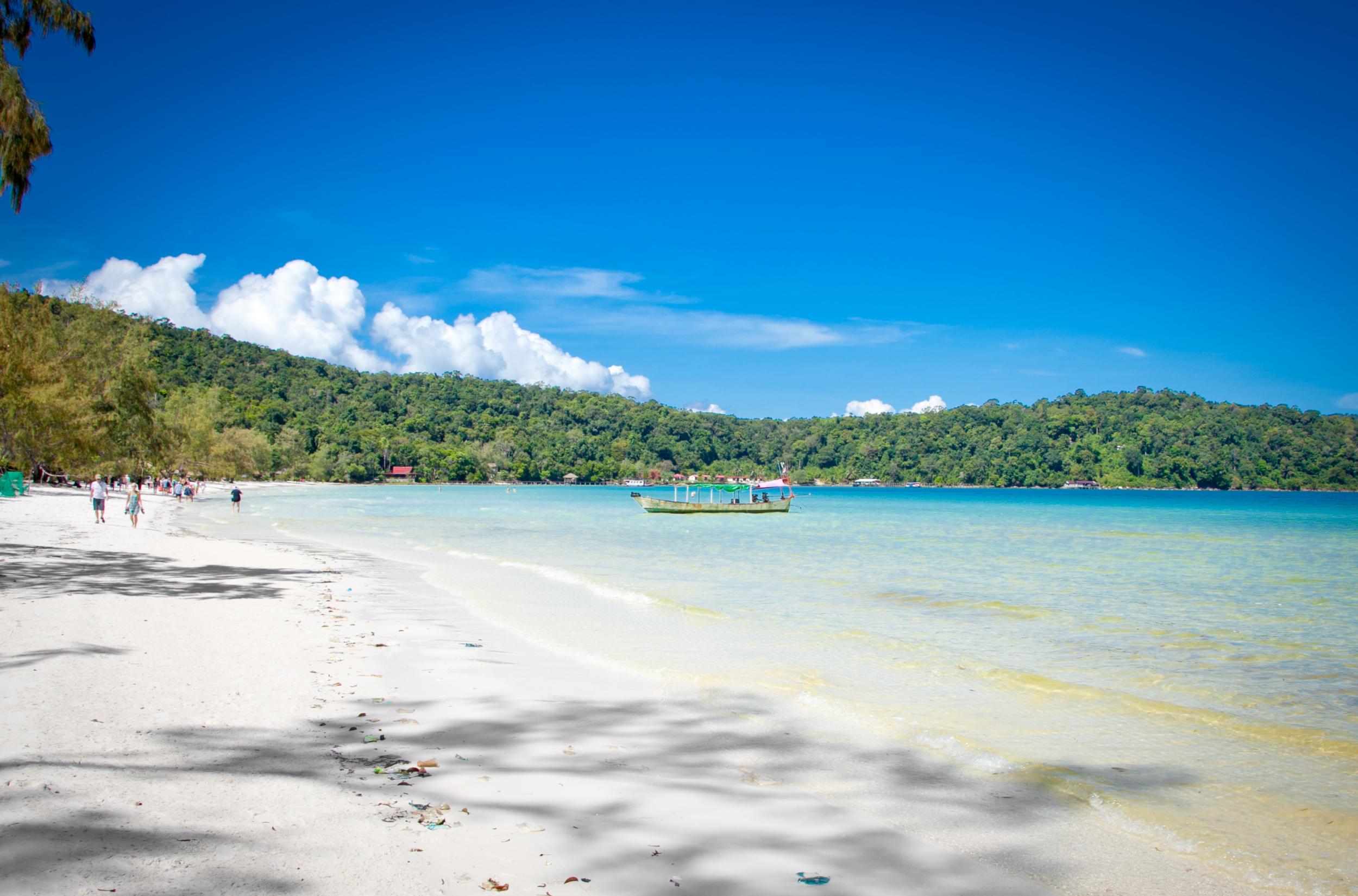
The Cambodian coast, which incorporates dozens of idyllic islands, is being touted as Asia’s next big beach destination to rival the likes of Vietnam's Phu Quoc and Thailand's Koh Tao, with a number of five-stars springing up from brands such as Alila and Six Senses. Boutique hotel Knai Bang Chatt is the first property in Cambodia to be awarded the Green Growth 2050 certification; there's a new(ish) train that runs from capital Phnom Penh down to the coast, too.
Osaka, Japan (Cathy Adams)
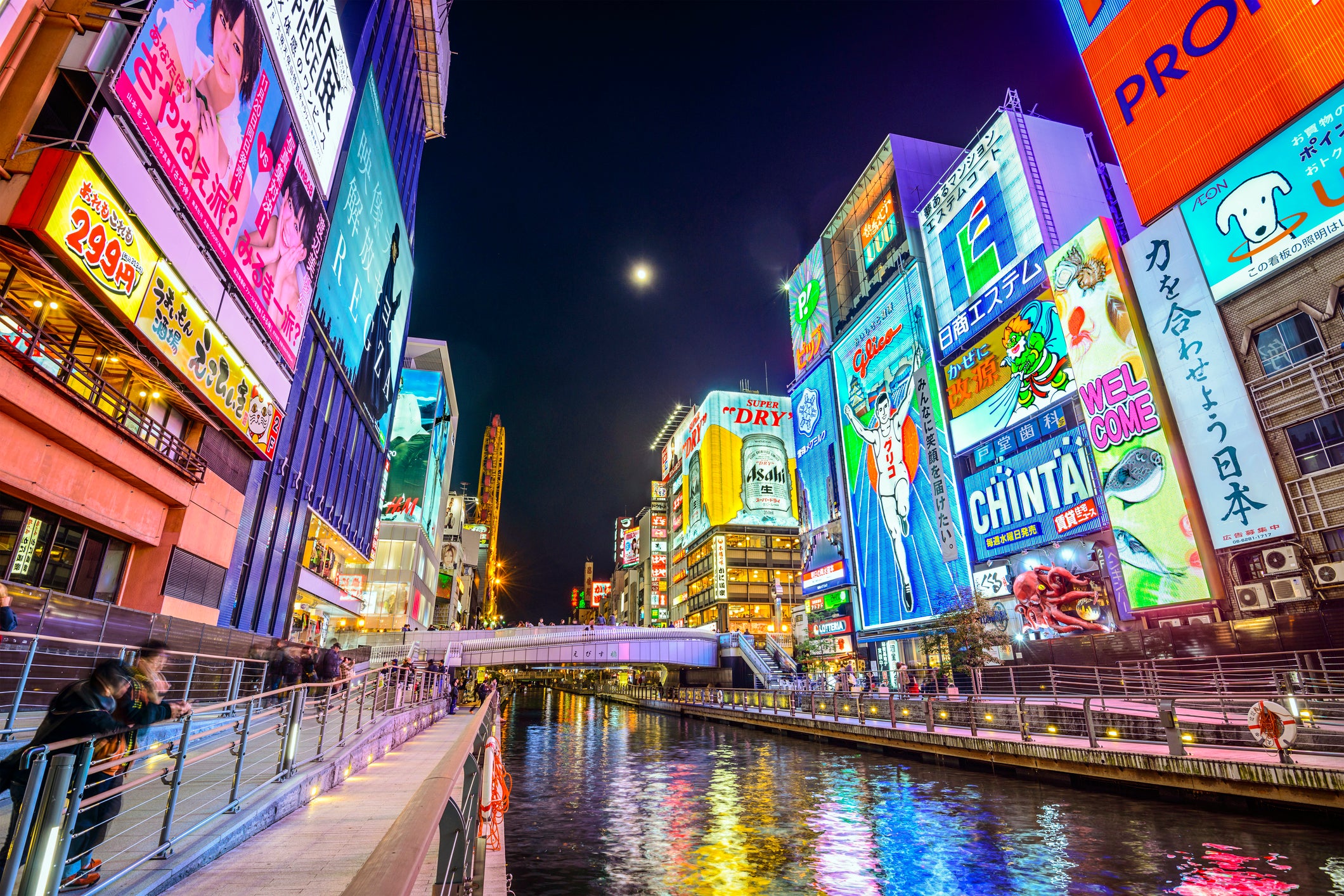
Long considered the transport hub for neighbour Kyoto, Japan's former imperial capital, Osaka finally gets a link with the UK next spring as British Airways resumes flights from 31 March. Japan's second city is highly liveable, with a zinging foodie scene (visit the neon-lit Dotombori strip for local street eats such as octopus-stuffed takoyaki and the okonomiyaki pancake), art galleries such as the National Museum of Art and some of Japan's best nightlife in the tiny bars of Ura Namba.
Journeys
Silk Road through Uzbekistan (Simon Calder)
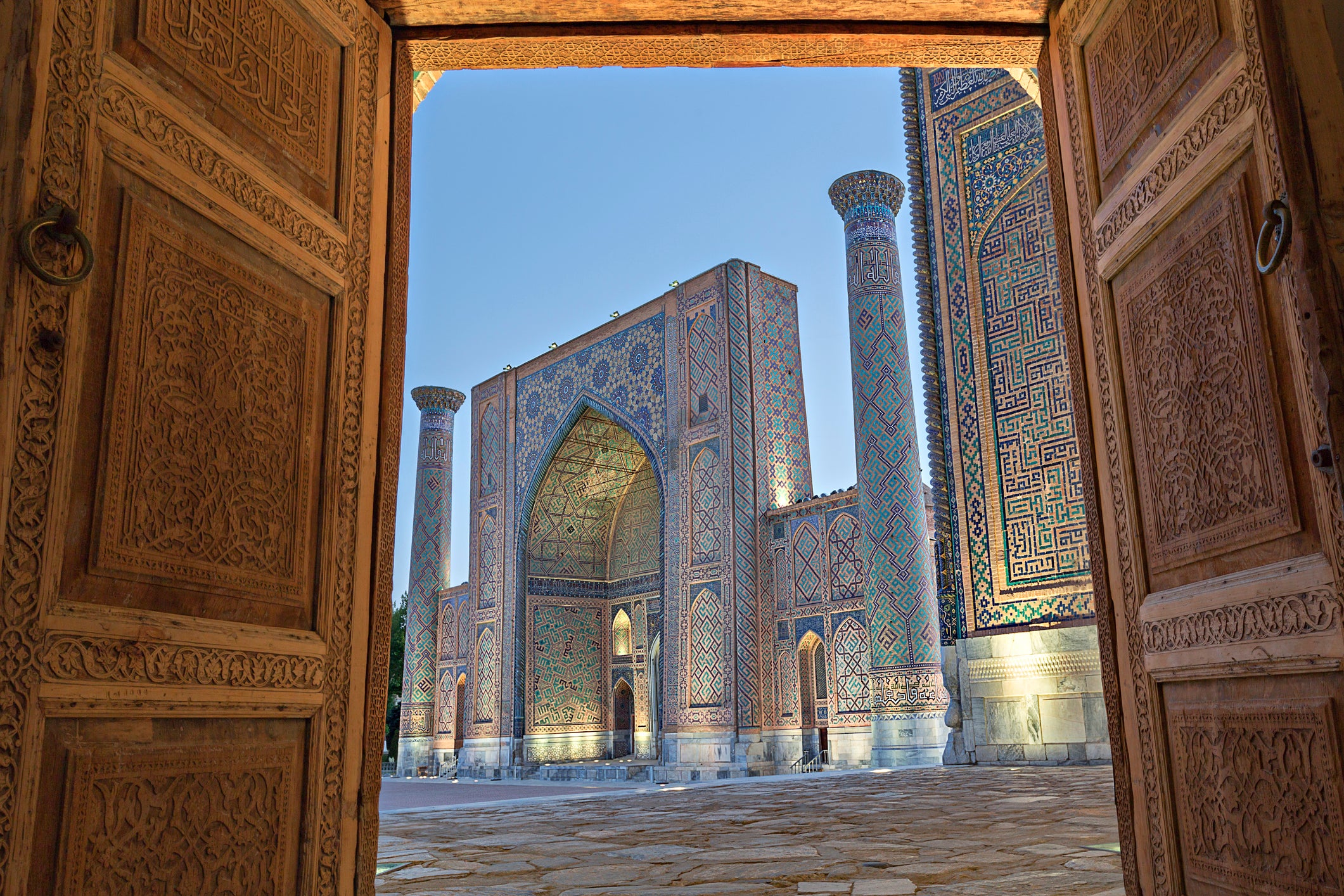
Just as there is more than one Great Wall of China, there are also multiple Silk Roads connecting Europe with Asia. But from a traveller’s perspective, the heart of the network is Uzbekistan – happily more accessible than ever in 2019.
New e-visas drastically reduce the red-tape hassle and expense, and over Christmas and New Year, Uzbekistan Airways is deploying bigger planes on the link from Heathrow to the capital, Tashkent.
Central Asia’s only high-speed railway runs from here to Samarkand in just two hours, and onwards to Bukhara; a Silk Railroad, if you will.
Both these cities are strewn with magnificent Islamic monuments and bestowed with an increasing number of chic places to stay. But the most miraculous location in the nation is tucked in beside the Turkmen border: Khiva, a walled city filled with soaring minarets that somehow survived the Soviet era.
Iceland – Arctic Coast Way (Simon Calder)
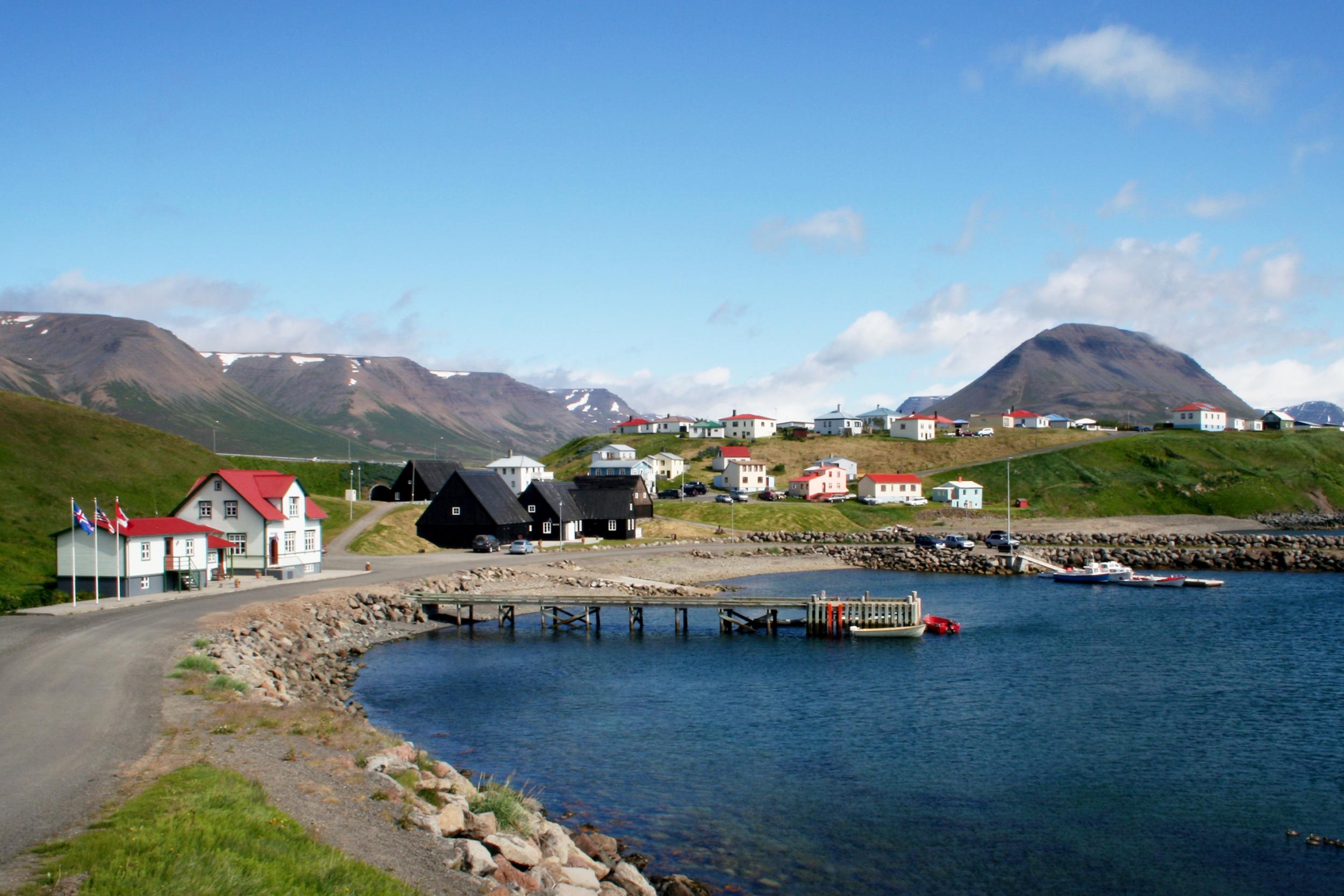
Ireland’s marketing success with the Wild Atlantic Way – knitting together existing roads and tracks to create a cohesive journey – has been much emulated. On 8 June 2019, World Oceans Day, it is the turn of North Iceland, which will unveil the Arctic Coast Way: embroidering 500 miles of roads, 21 villages and four islands. It promises to connect visitors to “the pure nature, vibrant culture and daily life of the people living close to the Arctic Circle”.
The new route will take you small settlements such as Hofsos, location for the Icelandic Emigration Centre and a spectacular, cliffside outdoor pool – naturally heated to resemble a warm bath, although one with the bonus of an infinity aspect aimed at the North Pole.
North Iceland is full of extreme experiences, but also simple comforts, with plenty of friendly small hotels and guesthouses.
Scotland in comfort – on 40-year-old trains (Simon Calder)

Long-distance trains on ScotRail have long been a disgrace, with the routes connecting Glasgow and Edinburgh with Stirling, Perth, Dundee, Aberdeen and Inverness served by inadequate rolling stock intended for “outer suburban” services rather than three-hour journeys across the country.
In October 2018, after a series of delays (and a broken-down VIP preview), refurbished high-speed trains from the GWR network finally started running between Edinburgh and Aberdeen.
ScotRail is using the hashtag #Inter7City; even though these trains date from the 1970s, they will offer more seats, more comfort and, eventually, faster journey times between Scotland’s seven cities.
Trends
Responsible travel going mainstream (Helen Coffey)
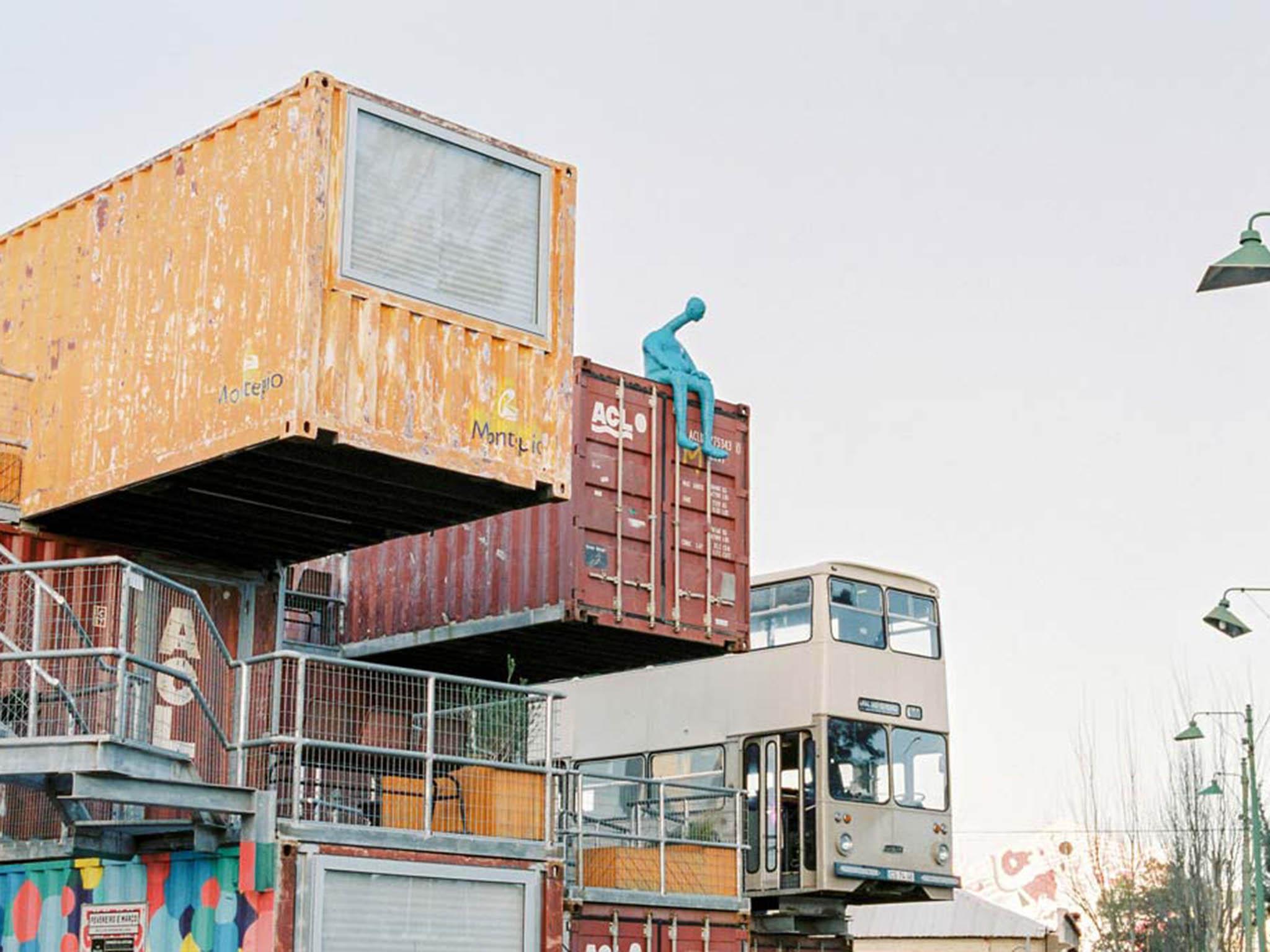
Tourists are waking up to the effects of overtourism as locals fight back in European cities such as Venice, Barcelona and Lisbon; and high-profile holiday islands and beaches close due to pollution. I predict there will be a trend in travellers seeking out less popular destinations and experiences that champion alternative attractions, such as Lisbon's We Hate Tourism tours.
Social media becomes the booking platform (Helen Coffey)
Instagram has long been a source of holiday inspiration – now it's being used as the booking platform itself. There’s a move towards using social media to book holidays, via special “book now” buttons on the app itself or via third party apps like the new easyJet Look&Book, which allows travellers to find flights to destinations based on their favourite Instagram snaps.
Automated travel (Helen Coffey)
With the new automated security just unveiled at Shanghai Hongqiao Airport, we’re getting closer to a future of being able to check-in, go through security and board a flight all without interacting with a single human.
Micro-breaks (Cathy Adams)
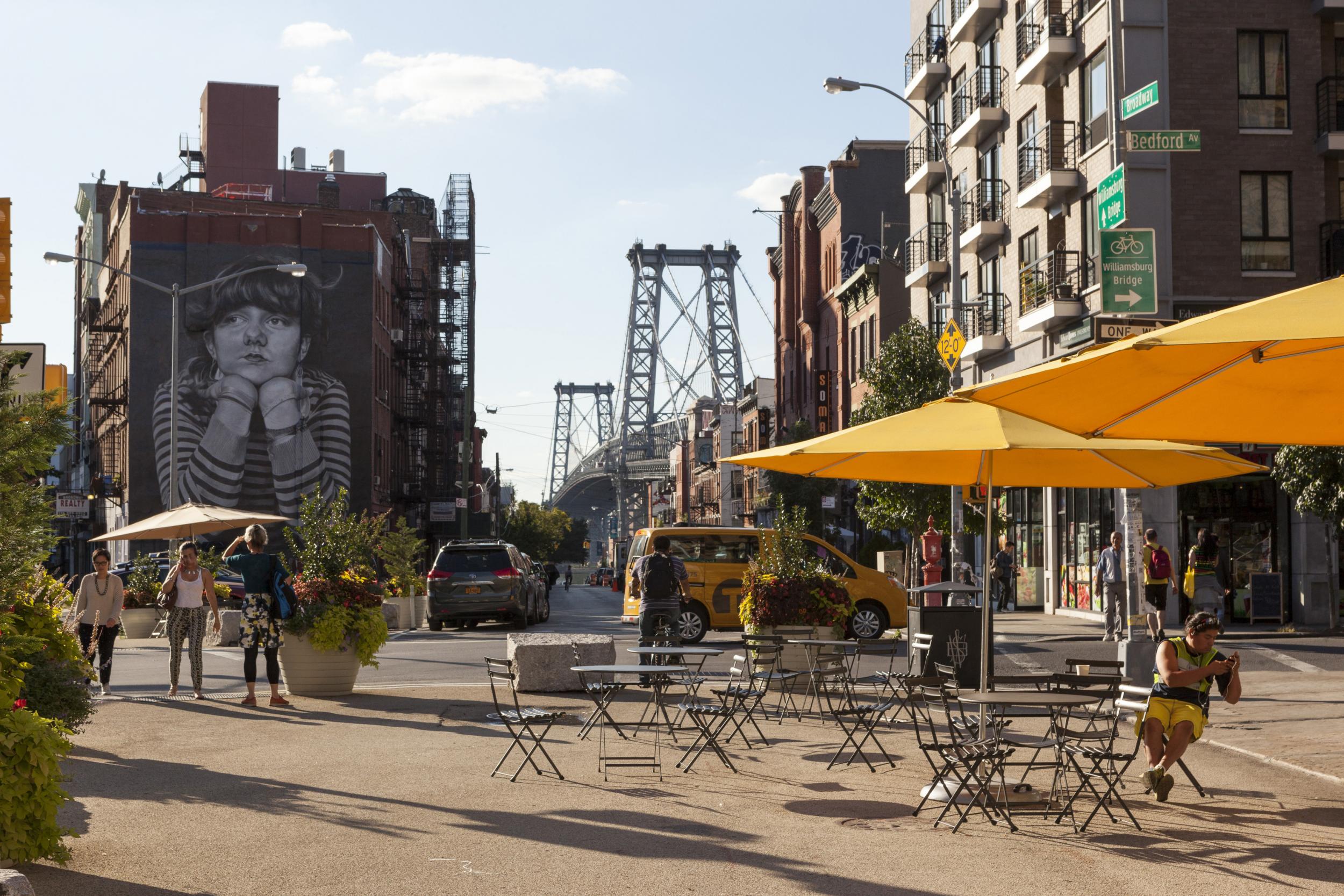
As British travellers become far more tactical with their holiday days and airlines squeeze the amount of free luggage travellers can bring onboard, I predict micro-breaks will take off. That could be 28 hours in Paris, a day in New York to save on extortionate hotel bills, or a two-day sun break to Dubai...all without taking a single day off work or taking more than a handbag.
Protest tourism and "woke" hotels (Cathy Adams)

Hotels in Washington DC are welcoming a new type of traveller: a politically engaged one. As marches continue in the US capital (and in the British capital too – half a million people marched in October's Peoples' Vote March), protestors need places to stay. Hotels have already sprung up to cater for the activist traveller: there's Eaton Workshop, the world's first 'activist' hotel, in Washington DC, which features a progressive events programme. The flagship Eaton property opens later this year in Hong Kong – a region currently grappling with its relationship with China.
More weird and wonderful marketing slogans (Cathy Adams)
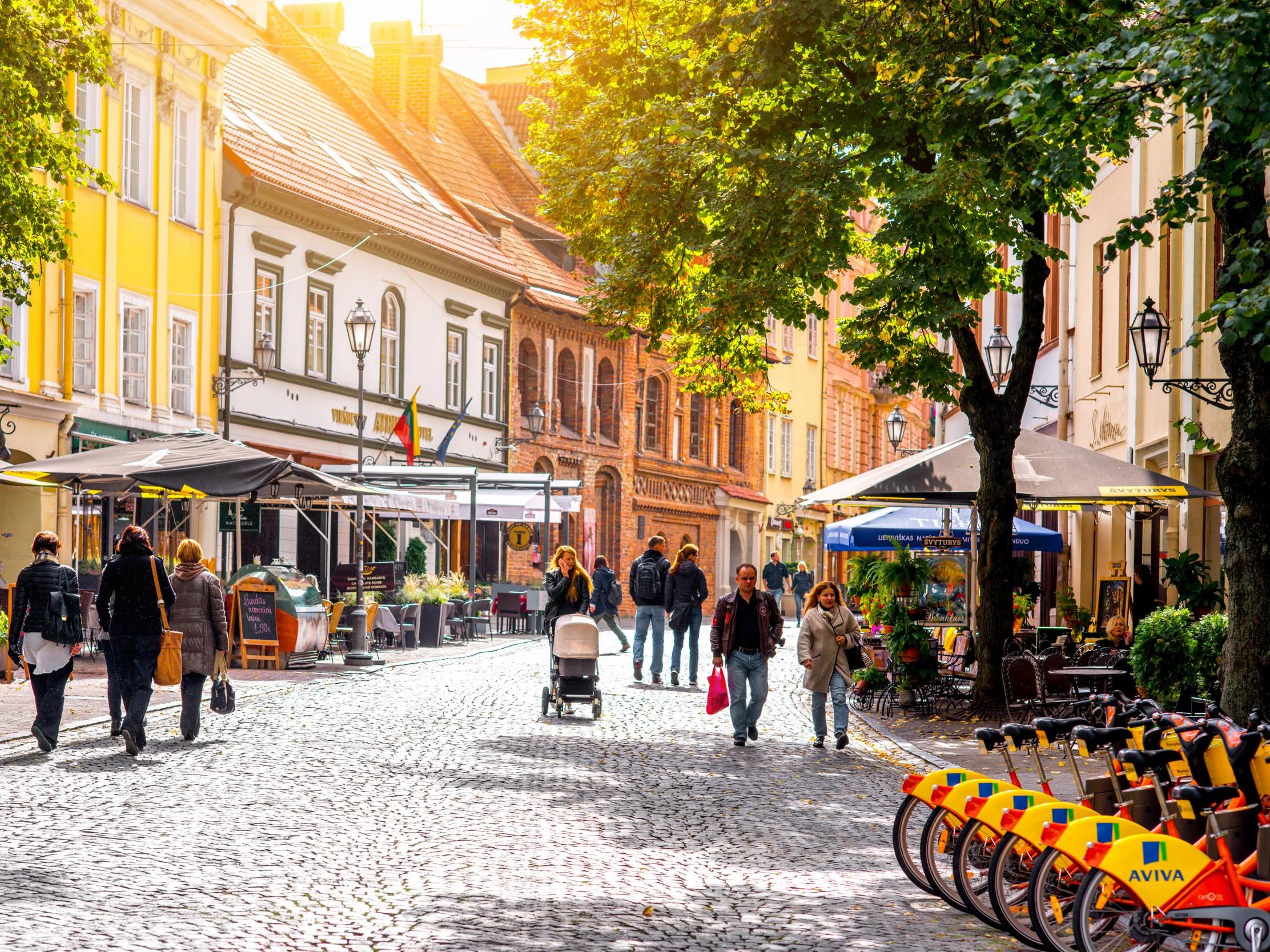
For the handful of journalists obsessed with tourism marketing slogans (me), 2018 will be remembered as the year that Vilnius, the capital of Lithuania, marketed itself as the "G-spot of Europe". Either way, I predict destinations will get even wilder with their taglines – and I can't wait to see what they come up with...
Join our commenting forum
Join thought-provoking conversations, follow other Independent readers and see their replies
Comments